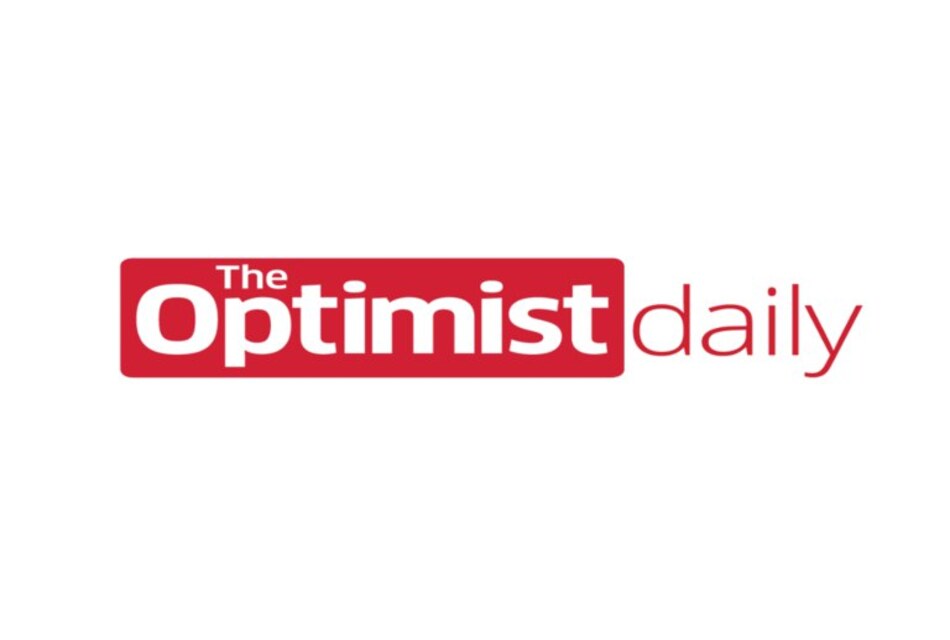In rural North Carolina, energy bills eat up a massive chunk of a household’s monthly budget—not because the energy rates are especially high, but because the home themselves aren’t built efficiently. Drafty windows, leaky ducts and poor insulation are common, and that means that much of the heating and cooling it takes to keep them comfortable slips outside, leading customers to use much more energy than they should have to — an estimated 10 to 20 percent. For an area as poor as rural North Carolina, such sky-high energy bills are extremely problematic. The simple solution to this problem is an energy efficiency upgrade — patching leaks in ductwork, sealing the frames of windows, laying insulation in attics, replacing old heat pumps. The costs can range from a few hundred dollars to about $8,000, but these interventions can result in energy savings over time that more than offset the expense. It’s a pragmatic investment that lowers costs in the long run. Such an investment, though, can be out of reach for low-income energy customers who have neither the cash to afford the upgrades nor the credit score necessary to borrow what they would cost. But with an innovative financing mechanism, electric utilities such as North Carolina’s Roanoke Electric Cooperative are using their borrowing power to finance energy efficient upgrades in homes at no upfront cost to their consumers. This is possible through what’s called tariffed on-bill financing. Using energy efficiency loans available from the federal government, utilities pay the upfront costs of upgrading a home’s energy efficiency and then amend that home’s newly lowered bill with a tariff charge that pays back the cost of the upgrade month by month. In other words, they reimburse the utility for the cost of the upgrades and still pay less for energy each month than they did before the improvements were made. Seeing that this type of financing helps saves money and energy, this is something we hope to see more of around the country.

This utility company has found the best way to help people save energy and money
More of Today's Solutions
Want to make a new habit stick? Research tells us this is the best technique
According to one study, only eight percent of people maintain their New Year’s resolutions for the whole year. That’s a rather unimpressive success rate, ...
Read MoreStudy reveals how organisms can synchronize behavior
Synchronized behavior can be seen all over the place. From fireflies flashing in unison, to birds flying in their V structure, to menstrual synchronization ...
Read MoreAdvice from a sleep doctor: don’t drink water after this time
Hydration is a crucial aspect of our overall health—however, trying to catch up on your hydration right before bedtime can negatively affect your sleep ...
Read MoreFragrances after desert rainstorms may have health benefits
If you’ve ever lived in the Southwestern United States, you know the calming smell of the desert after a rainstorm. The earth and desert ...
Read More








